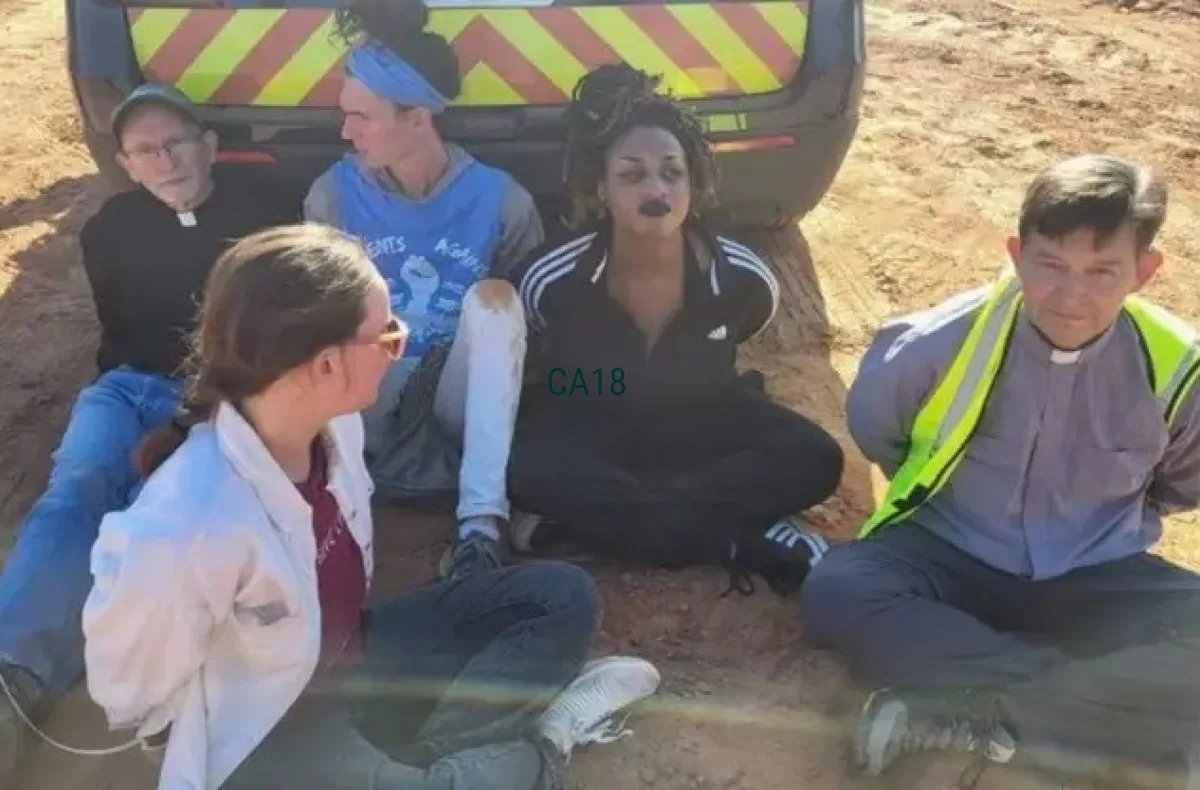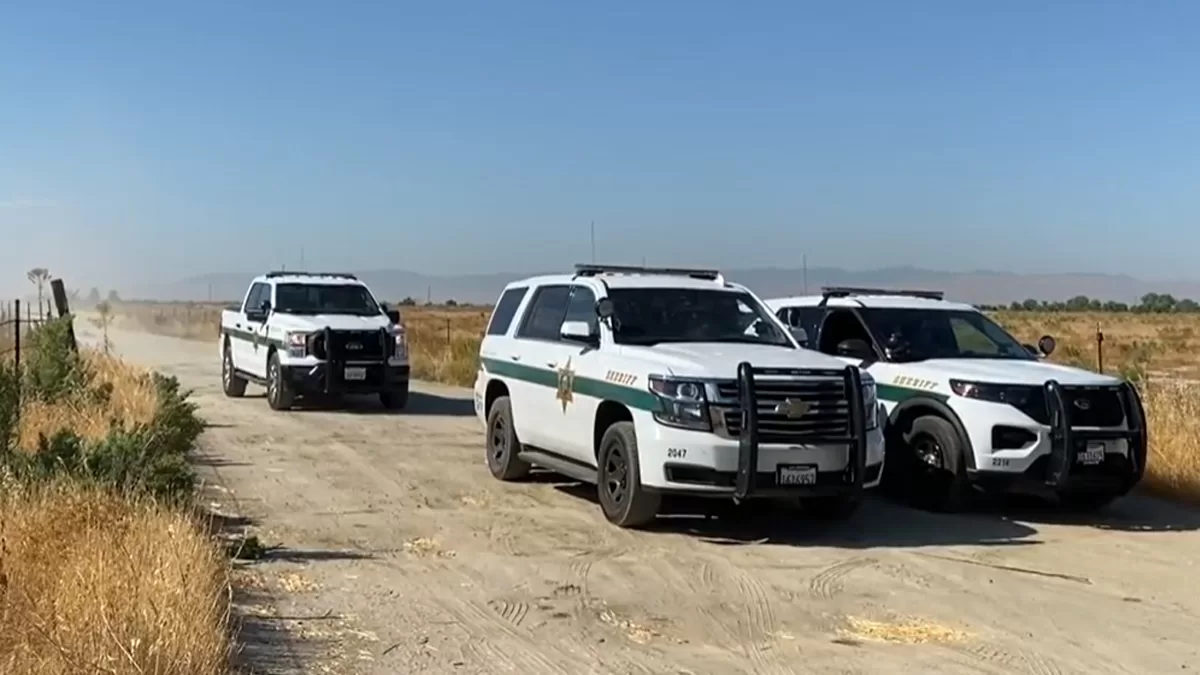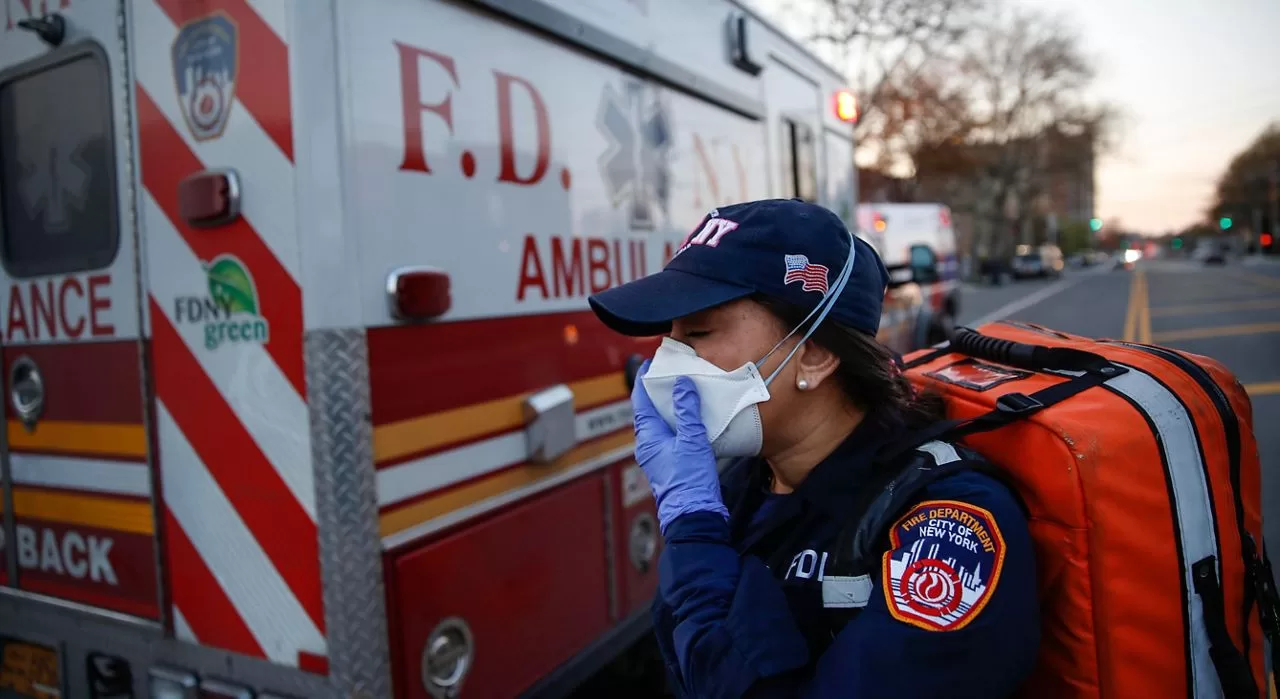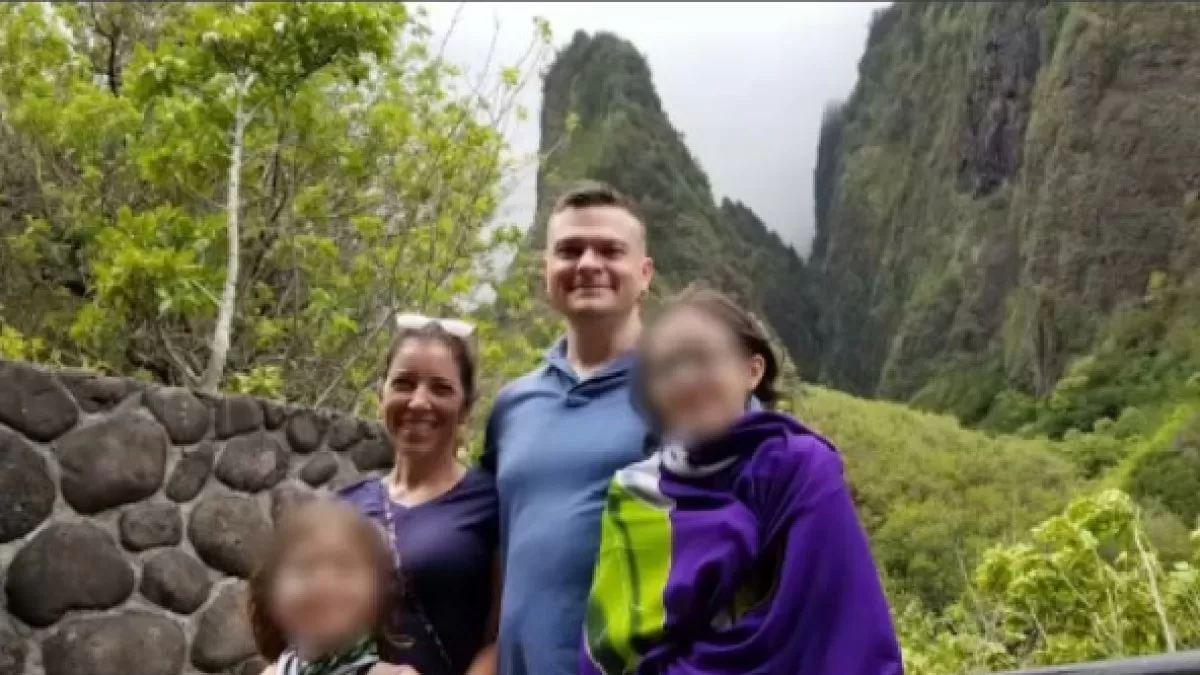More than 60 people have been indicted on racketeering charges in Georgia for protesting the construction of the Atlanta Public Safety Training Center. The protesters, who call the center “Cop City”, have been accused of violence, intimidation, and property destruction.
The 109-page indictment accuses 61 members of Defend the Atlanta Forest of illegally occupying the 85-acre wooded site where the training center is being built.
The 61 defendants are accused of violating the Racketeer Influenced and Corrupt Organizations Act (RICO). The same law was used to prosecute former President Donald Trump for allegedly trying to overturn the 2020 presidential election results in Georgia. The $90 million training center is located in the middle of a forest and is for police, firefighters, and other first responders.
Many people first learned about the reach of Georgia’s state RICO statute last month, when Donald Trump and 18 others were indicted by a grand jury for allegedly conspiring to overturn Georgia’s presidential election results.
It turns out that the very same grand jury was also asked to indict a different RICO case, brought by a different prosecutor—Republican state Attorney General Christopher Carr. This indictment, filed on Aug. 29 and made public this week, charges 61 people—including protesters, activists, bail fund organizers, and legal observers—with being part of the “criminal enterprise” of “Defend the Atlanta Forest”—a reference to the decentralized movement to protest and ultimately prevent the construction of a sprawling police training complex on more than 85 acres of Weelaunee Forest land.
Like the indictment against Trump and his co-defendants, this far-reaching prosecution deserves our careful attention. And what it reveals is nothing less than the full-throated criminalization of social solidarity and political dissent.
The Stop Cop City movement is a 2-year-old effort of a wide-ranging set of people and groups to prevent the city of Atlanta from allowing the destruction of at least 85 acres of forest land and the construction of a police training facility worth more than $90 million.
This is a social movement in the sense that people are loosely organized to achieve a common goal—here, stopping the city of Atlanta from leasing its land to the Atlanta Police Foundation for this particular purpose. This political goal may also be the subject of a popular referendum in Atlanta, after a coalition of groups has collected more than 100,000 signatures to put the issue on the ballot.
Despite the summerlong focus on using the legitimate (and tedious) government process of collecting and submitting signatures for a referendum, the new RICO indictment paints the Stop Cop City movement as a coordinated criminal enterprise of “anti-government anarchists.”
This description of the movement is skewed. Indeed, there is an inaccuracy in the very first sentence of the indictment’s introduction, which says that the forest land “is owned by Atlanta Police foundation and leased by the City of Atlanta,” when in fact the reverse is true—a technical mistake, perhaps, but an inauspicious one.
In its effort to portray a coordinated racketeering scheme, the attorney general’s indictment includes a surreal series of paragraphs explaining what the office contends are the history and underlying theories of anarchism, collectivism, mutual aid, and social solidarity linking all of those charged.
The indictment teaches us, for instance, incorrectly and without citation, that people who disagree with plans to build Cop City believe that “in a true collectivist society, the society as a whole decides whether the individual must forfeit their own needs or property if it is deemed to benefit the society.”
These paragraphs appear to try to set out that the people charged in the indictment are working together under a common set of beliefs and motives, even if many are acting autonomously for one simple goal. But in setting out a long-winded, if false, account of the group’s shared beliefs, the indictment also underscores exactly what it is targeting: a group of people taking care of each other.
A bird’s-eye view of the conduct described in the 110-page indictment also betrays its underlying political and repressive motivation. Take, for instance, the indictment’s condemnation of the act of “flood[ing] social media” with claims that people have been arrested in violation of the First Amendment.
The idea here is clear: to complain about government conduct is itself insidious, criminal. At the same time, taking pictures and videos of a police officer arresting someone—another form of conduct that is generally protected by the First Amendment—is later listed as an “overt act” in furtherance of the conspiracy.
In other words, having told us that to complain about a First Amendment violation is evidence of criminal intent, the indictment then goes on to name protected First Amendment conduct as evidence of a crime.
More strikingly, although required to allege only one “overt act” to show a conspiracy to be a part of this enterprise, the indictment lists 225 “overt acts.” Dozens and dozens of the enumerated acts are for financial reimbursements—for glue, for gloves, for tarps, for bins, for “harm reduction supplies,” for “goods to further living in the forest,” and, again and again, for “forest kitchen materials,” or simply “food.”
Goods to further living. Gloves. Food. In the eyes of the state of Georgia, these are a criminal’s tools, part of a vast racketeering conspiracy. And to film police responses to these efforts to promote community and survival, or to complain that such conduct is constitutionally protected, perversely becomes evidence that these acts are themselves insidious. In the government’s eyes, the dissenting political views are the heart of the criminality.
This RICO indictment is meant to serve a purpose other than punishing individuals for solitary acts. Some of the “overt acts,” if true, do constitute criminal conduct—for instance, throwing a Molotov cocktail, setting fire to a police car, and trespassing on forest land. But only a small minority of the overt acts and alleged RICO conspirators were accused of this behavior.
Perhaps more importantly, many, if not all, of the named “overt acts” that could be classified as crimes are already the subject of individual criminal charges filed in state criminal court in prior months. In other words, the goal of this RICO case is not to target these individual alleged crimes, but rather to criminalize the solidarity of those who agree with the underlying political message.
Sharing news stories on the internet and reimbursing people for supplies or food are ways that we stay connected to one another. Filming the police and voicing dissent are ways that we maintain a vibrant democracy.
Seeing a state attorney general use these acts as evidence of anti-government racketeering should make us pause before celebrating the expansive nature of criminal laws like RICO. And it should make us focus on this indictment, as much as any other, as a harbinger of the potential political oppression to come.





